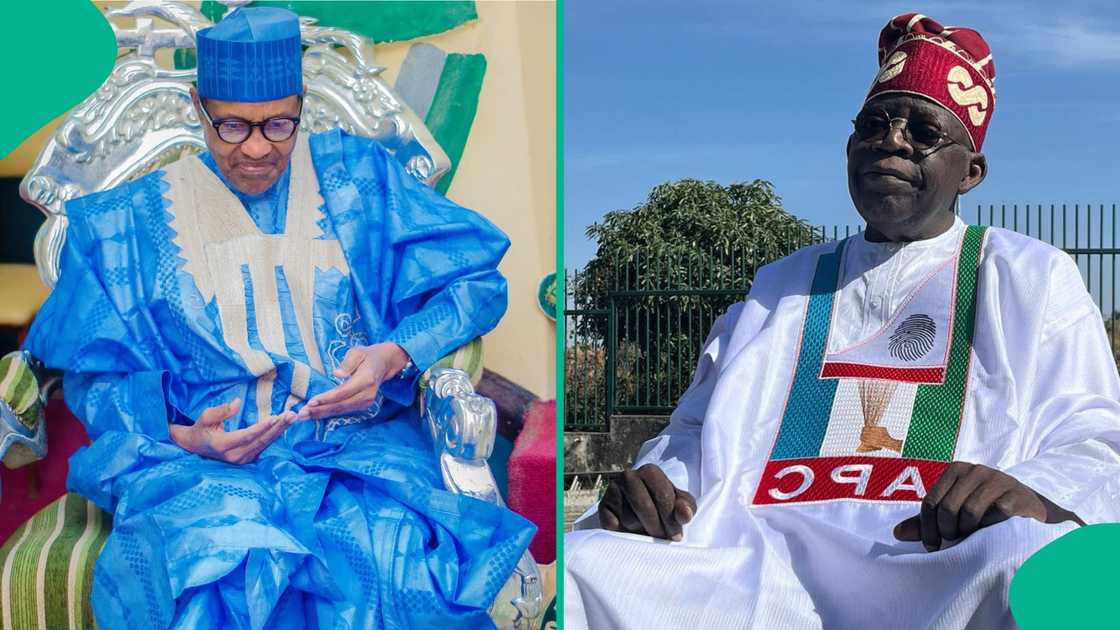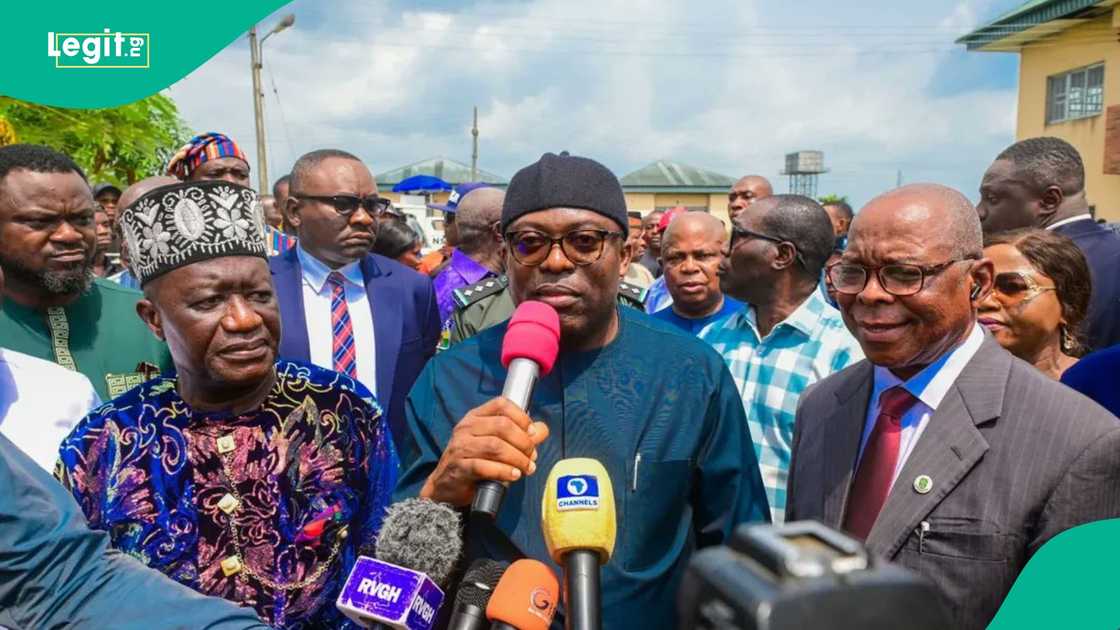In a notable shift from tradition, the Rivers State government under Governor Siminalayi Fubara has officially cancelled the annual Independence Day parade previously scheduled for Wednesday, October 1. This announcement comes as Nigeria marks its 65th year of independence, a milestone typically celebrated nationwide with parades and public events reflecting the country’s journey since 1960.
The decision was communicated through Friday Dede, the permanent secretary in charge of the special services bureau, Office of the Secretary to the State Government. Dede’s statement clarified that the state’s action aligns with directives from the federal government led by President Bola Tinubu. As he explained, the cancellation is a direct response to pronouncements made at the national level, setting a tone for other states to follow suit in their commemorative plans.
Authorities in Rivers State have expressed regret for any disruption this move may have caused. Residents who looked forward to the annual spectacles will have to settle for quieter, more reflective commemorations this year. The state’s announcement trailed just one day after the federal government also called off its usual Independence Day parade—a strong signal of coordinated action across the nation.
Federal Government Drops Military Parade: Context and Implications
The broader national decision was relayed by Segun Imohiosen, Director of Information and Public Relations in the Office of the Secretary to the Government of the Federation. Speaking in Abuja on Monday, September 29, Imohiosen confirmed the military parade and other large-scale public events would not be held.
Despite the parade cancellation, federal officials have been keen to stress that the essence of Independence Day remains intact. Imohiosen emphasized the government’s ongoing commitment to celebrating Nigeria’s 65th anniversary with “enthusiasm and dignity,” albeit in alternative ways that may be less public yet still meaningful to citizens across states.
For context, military and paramilitary parades have long been signature events on October 1 in Nigeria. These colourful displays not only mark independence and unity but also serve as moments of national reflection. Their absence this year is being felt by many who see these parades as symbols of resilience and national pride, especially in regions like Rivers State where community participation is typically robust.
Buhari’s Former Aide Critiques Tinubu’s Administration
Amidst the government’s efforts to shape a new kind of commemoration, public responses have been mixed. Notably, Lauretta Onochie, who served as an aide to late former President Muhammadu Buhari, openly criticized the federal government’s decision. Onochie pointed out that this was not the first time under the present administration that a military parade had been dropped—in her view, mirroring similar actions taken during this year’s June 12 Democracy Day celebrations.
Her remarks quickly sparked debates online, with Nigerians from different walks of life weighing in on the decision’s significance, its potential political undertones, and the government’s justifications.
Aunty Chichi wrote:
“I am very sure if the government had gone ahead with the celebrations, you in particular would have been among those who would have criticised them to high heavens, how insensitive they are among all the suffering and killings in the land. Madam, you’re a shameless hypocrite.”

Source: Twitter
Jibril also criticised the former presidential appointee:
“I remember you served in one government that was so laxadaisical, inertia in decision making, lukewarm in implementation of policies, and always unaware of the country’s situation. I remember while you were in the same government, you accused Atiku of terrorism, and he sued you.”
Ilesanmi Temitope commented:
“Madam turns town crier when the appointment did not land. Served 8years under the late President Buhari. Instead of Madam returning to her shop or opening a cool spot, she’s ranting because she was denied access to the national cake again.”
Akereyejo posited:
“You can go ahead and conduct yours ma.”
Naphtali tweeted:
“If you ask me na who I go ask the matter wey you see so na you go carry am because you are part of it.”
See
https://x.com/Laurestar/status/1972783264562823453
here:
Independence Day Broadcast: Tinubu to Address the Nation
The presidency has confirmed that President Bola Tinubu will deliver a nationally televised address on the morning of Independence Day, October 1. The broadcast is scheduled for 7 am, and it is expected to set the tone for the anniversary’s observance, possibly touching on themes of unity, resilience, and a forward-looking vision for Nigeria.
This announcement offers a focal point for patriotic sentiments in the absence of physical gatherings and parades. Analysts point out that presidential broadcasts on days of national significance have historically been used to reassure citizens and set policy directions, and expectations are high for what Tinubu’s message will bring—particularly in a year marked by economic pressures and ongoing security concerns.
The sequence of events leading to the cancellation was rapid. It followed just a day after the presidency made public its decision to put the traditional Independence Day parade on hold—a move that has drawn both understanding and critique from various quarters, ranging from grassroots leaders to social media commentators and civic groups.
A Closer Look: Reactions and Wider Implications for Nigeria
The changes to Nigeria’s Independence Day celebrations come in a period where governments—both federal and state—are navigating multiple priorities, including public safety, resource management, and political stability. The reasons behind the parade’s cancellation were not explicitly detailed by officials, but some Nigerians speculate possible connections to security concerns or the need to streamline public spending, especially as the nation faces economic headwinds.
For many across Rivers State and elsewhere, the parade is more than symbolism: it’s a rare opportunity for communal gathering and patriotic affirmation. Civic education specialists like Dr. Uche Nwokedi have noted that “public displays during Independence Day help reinforce the idea of shared destiny and civic responsibility.” While direct comments from government security agencies were not provided, some residents in Port Harcourt told us that they see the cancellation as a sign of the times—a moment to reflect on the nation’s trajectory and challenges.
Comparatively, other African countries—such as Ghana and Kenya—have occasionally scaled back Independence Day festivities during periods of economic or health crises. However, Nigeria’s annual celebrations have held strong since the return to civilian rule in 1999, making this cancellation more notable among observers and historians alike.
On social platforms, reactions poured in from all corners of Nigeria and even across West Africa. Some voiced disappointment, while others supported the government’s decision, arguing that “unity and progress should not be measured by parades alone.” Others felt that, given the current economic realities, prudent spending should take precedence over pageantry. Legal analysts have weighed in as well, noting that while there are no legal requirements for a public parade on Independence Day, the tradition carries significant cultural weight.
Looking Forward: What This Means for Future Commemorations
Going forward, many are watching to see if this year’s scaled-back celebration will become the new normal or is a one-off adjustment. The government appears resolute in finding new, possibly more inclusive ways to mark national milestones while balancing modernization, security, and the nation’s fiscal health. Leaders have also encouraged Nigerians to use the holiday for reflection, service, and peaceful gatherings in smaller, community-based settings.
From Port Harcourt to Lagos and Abuja, and even among Nigerians living across the West African region, the spirit of Independence Day persists. The absence of a parade does not diminish the pride many feel; rather, it presents a chance to reimagine what national unity means in practice.
How do you feel about the decision to cancel the Independence Day parade this year? Does this change your view of national celebrations, or do you see it as an opportunity for deeper reflection? Share your thoughts in the comments below and let us know how you plan to commemorate Nigeria’s 65th Independence anniversary. Stay up to date by following our latest coverage.
Have a story, opinion, or tip related to national events, governance, or other newsworthy topics? We want to hear from you! Reach out to us at story@nowahalazone.com to get your story featured or to learn more about selling your story.
If you have general feedback or support needs, contact us at support@nowahalazone.com.
For more updates and to join the conversation, follow us on
Facebook,
X (Twitter), and
Instagram.
Let your voice be heard—share your views, send us your stories, and join our vibrant online community!










